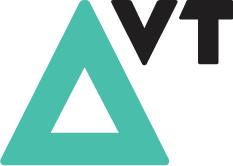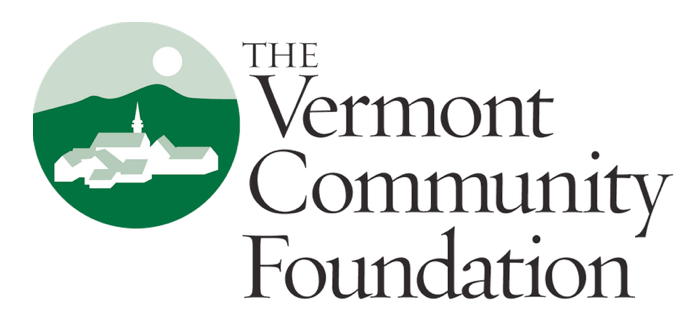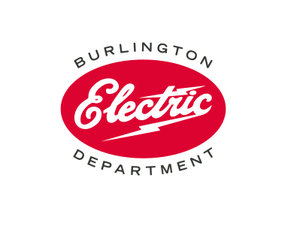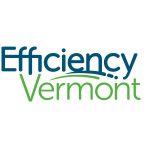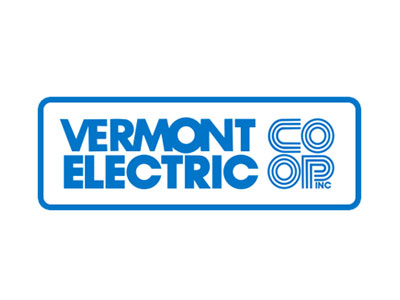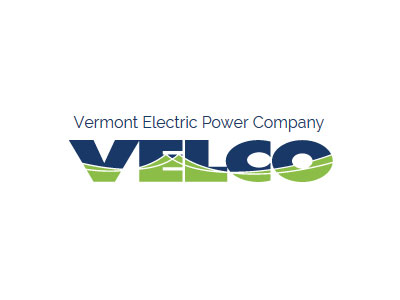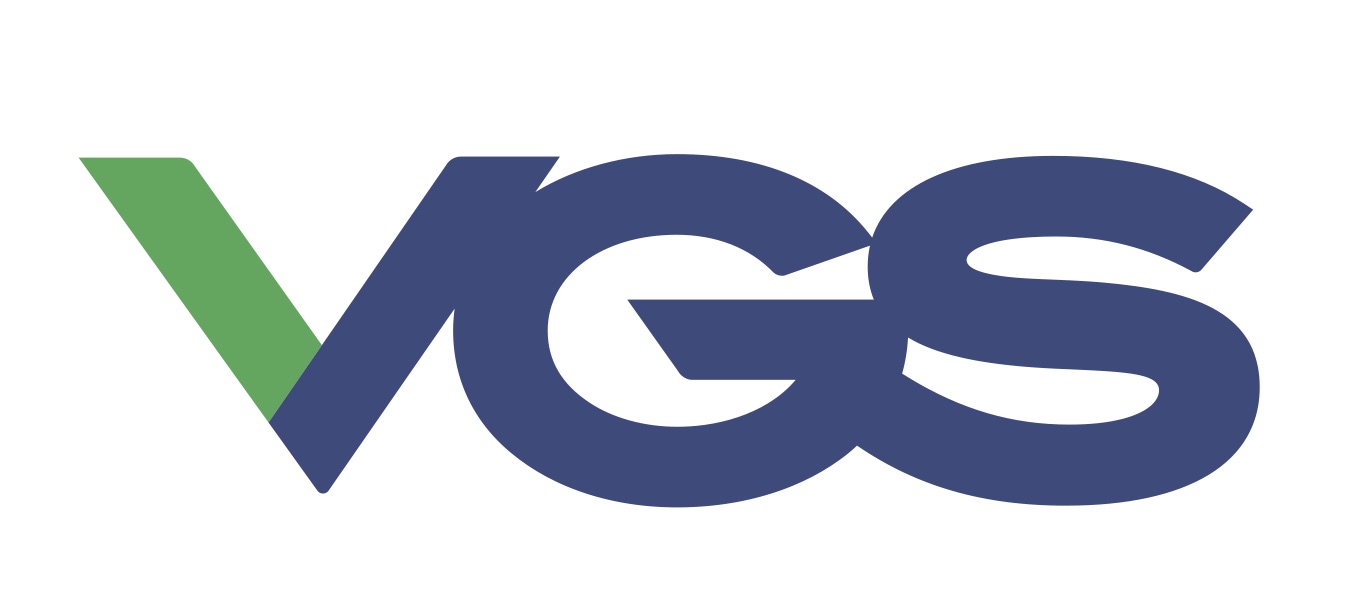Energy2022
The Results
After three months of intense focus, camaraderie and, both virtual and in-person learning, we are excited to announce Halitra as the Energy 2022 winner. The company, which works with financial institutions, utilities, government and building owners to uncover energy saving financing opportunities that can be profitably serviced by stakeholders, received a $25,000 cash award and a joint pilot project awarded by Burlington Electric Department (BED) and Vermont Gas Systems (VGS). BED also awarded a pilot project to MicroEra Power, which is developing THERMAplus, an on-site thermal energy storage solution to provide commercial buildings with resilient, low-cost, low-carbon heating and cooling. Additional Vermont companies and utilities are in talks with cohort companies to implement further pilot projects. DeltaClimeVT Energy 2023 is now accepting applications!
Click here to learn how you can be a part of the next cohort.
The challenge
To be part of a competitively-selected, diverse cohort of startup ventures that reduce greenhouse gas emissions by enabling the acceleration of electrification. The program will focus on energy-related products or services that reduce the need for costly infrastructure or electrical panel upgrades. Selection will focus on companies that are currently at a pilot or demonstration stage and planning for scale.
The sixth DeltaClimeVT Energy2022 business accelerator program is designed to accelerate the drive to a zero-carbon future for Vermont by helping Vermont’s utilities increase adoption of clean energy, smart building and electric vehicle technologies that enable accelerated integration of distributed energy resources without the need for costly infrastructure upgrades. Entrepreneurs will be working directly with Vermont utilities to contribute to Vermont’s 90/50 and Burlington’s Net Zero by 2030 goals.
We were particularly interested in services and technologies that have wide potential applicability with rural populations and that enable small businesses, low and moderate-income Vermonters, disadvantaged populations and multi-family building residents to participate in the low-carbon economy.
Examples of technologies or services could include but are not limited to:
- Products or services that enable installation and adoption of low carbon, energy efficient or demand management technologies without the need for electric panel upgrades;
- Data gathering and energy analytics software that enables greater adoption of energy efficient technologies and services;
- Smart building technologies such as smart electric panel devices, building controls, smart thermostats, EV charging supply equipment and other devices that could align with utility demand response signals and reduce the need for infrastructure upgrades;
- Localized or micro energy management and storage technologies and related services that enable increased electrification while reducing the need for grid infrastructure upgrades;
- Financing models for energy technologies and services (e.g. innovative loans, on-bill financing, heating as a service);
- Low-carbon transportation solutions that meet rural and LMI population needs to include EVs, micro-mobility, bio-fuels and hydrogen;
- Any other technology or service that enables the reduction of carbon intensive energy use and greenhouse gas emissions in transportation, industrial processes and buildings or supports demand management.
About the Program
The DeltaClimeVT business accelerator program is managed by the Vermont Sustainable Jobs Fund and facilitated by ecosVC. The program is centered around the ecosVC Lens of the Market® ACCELERATED curriculum, designed to ensure participating startups produce a well grounded case for their business and are able to articulate a compelling plan for success to investors.
The program features an extensive online curriculum plus one-on-ones facilitated by ecosVC principals, active engagement with sponsoring Vermont utilities, business mentors, investors and successful venture leaders. Startups must have at least two senior members of their team actively participate in all aspects of the program. The program includes three intensive sprints (each 2-4 days in duration), weekly assignments and bi-weekly webinars as well as frequent 1:1 engagement with program leaders and mentors. Active engagement and peer-mentoring by participants is an essential part of the program and a final award of $25,000 will be awarded to a peer-selected company. The DeltaClimeVT program managers work to ensure that startups in the cohort are non-competitive.
The companies
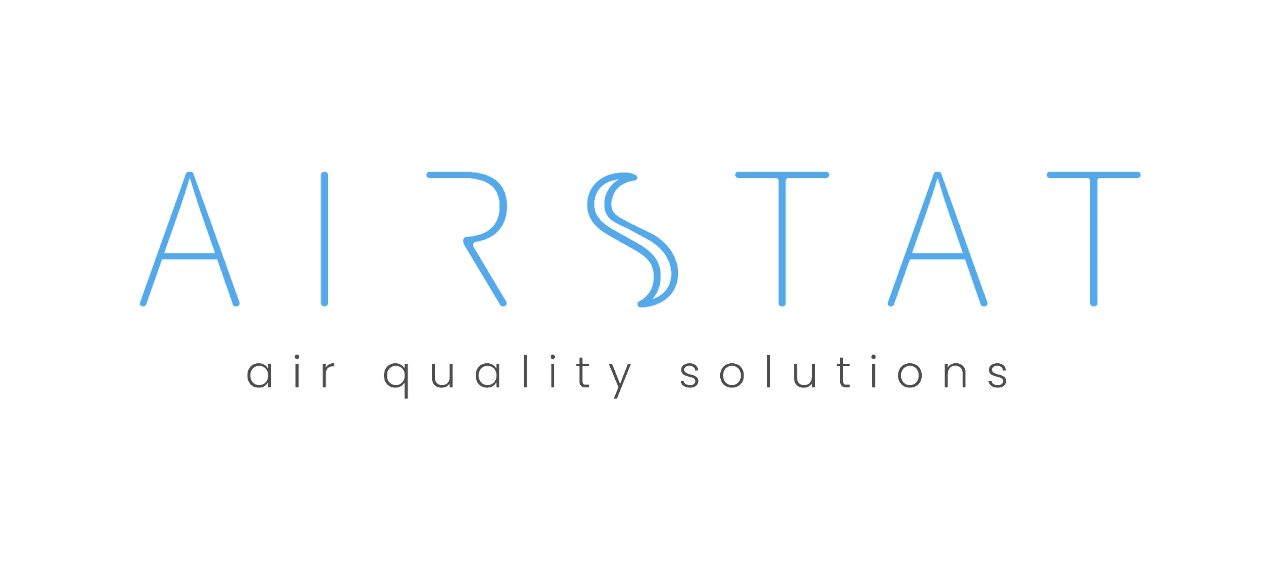
AirStat is an AI platform that collects data from sensors and people’s comfort profiles. Our gateway sends the data to our cloud that allows thru algorithms to control HVAC systems, reducing human errors, optimizing energy consumption and generates Energy Savings and Lower CO2 Emissions, as well as enhancing people’s efficiency and wellness, and reducing tenant complaints. Massachusetts
The SmartWatt Boiler system is designed to transform the existing heating infrastructure into an energy platform that satisfies the heating requirements of buildings while generating onsite electricity at nearly zero-cost. This energy can be used to provide a continuous backup power supply and is able to support the grid-operator by following power-loads in buildings and at the grid levels. Through cogeneration, this combined heating and power system works to power your home or business while providing heat. Connecticut
Farm to Flame Energy develops distributed biomass generation and home heating systems. New Jersey
GenH is a next-generation hydropower technology company that electrifies unpowered dams. GenH pushes the potential of advanced energy systems. GenH’s technologies are highly productive and achieve economic parity with existing fossil fuel systems without subsidies. Boston, Massachusetts
Halitra
Commercial buildings waste an average of 30% of the energy they consume. Energy efficiency is the easiest way to eliminate this waste without replacing any equipment. Unfortunately, too often energy efficiency financing fails to reach most commercial buildings because most buildings are small with diverse ownership that are not owned in institutional portfolios. Halitra works with financial institutions, utilities, government and building owners to uncover energy saving financing opportunities that can be profitably serviced by stakeholders. Vancouver and Calgary
In the face of the climate change crisis, MicroEra Power is developing THERMAplus, an on-site thermal energy storage solution to provide commercial buildings with resilient, low-cost, low-carbon Heating and Cooling. THERMAplus will integrate with existing HVAC systems or with heat pumps (air source or geothermal) to save Building owners up to 50% on heating and cooling costs! Thermal Energy Storage is essential for the transition to a renewable-intensive grid and provides Utilities a non-pipes and non-wires solution. Rochester, New York
Qilo personalizes electricity usage data making demand side management programs easier for utilities to deploy. Qilo generates personalized, actionable usage recommendations utilizing artificial intelligence for households to increase control over their bill at home. This reduces utility peak demand expenses, creating a more reliable, cost-effective grid. Chicago and Seattle
Coming out of DeltaClimeVT Energy2020, we feel confident in our investor pitch and have a clear value proposition for our target market. The team has deep expertise, great industry connections, and true passion for helping every company in the cohort succeed.
“We have participated in a few similar programs, but so far, DeltaClimeVT facilitators have shown a whole new level of sophistication! Thank you so much for all the work you are putting in this program. We are truly enjoying it.”
“We plan to use the $25,000 prize money to continue to develop our software product and serve clients in Vermont and greater New England. Onboard provides analytics software to uncover hidden energy, maintenance and comfort problems in commercial buildings. These problems are a significant reason commercial buildings emit more harmful emissions than transportation or industry. We’re thankful to Vermont, the program managers and sponsors of DeltaClimeVT, and the cohort of entrepreneurs that supported us this summer. We absolutely enjoyed our time in Burlington. We’ll be here frequently to serve clients and, if possible, establish a remote presence in this great city!”
Advisors
At DeltaClimeVT, we tap an innovative group of leaders who are subject matter experts and/or have deep entrepreneurial and investment experience, based on the needs of each cohort selected.

Ken Nolan
General Manager, Vermont Public Power Supply Authority
Since 2016, Ken Nolan has served as Vermont Public Power Supply Authority’s (VPPSA) General Manager. He joined the Authority with more than 30 years of electric utility experience. Previously, he held positions in power supply and resource planning, including 10 years at VPPSA (1988 to 1998). He then moved to the municipal utility, Burlington Electric Department, where he progressed his career from resource planning and management to Chief Operations Officer and Manager of Strategy and Innovation. In addition to his responsibilities with VPPSA, Ken serves on the Boards of Directors for Vermont Electric Power Company, Hometown Connections Inc., and VEPP Inc. Ken holds a Bachelor of Science in Electrical Engineering from the University of Vermont.

SaLisa Berrien
Founder and Chief Executive Officer, COI Energy
SaLisa L. Berrien, Founder and Chief Executive Officer of COI Energy, has over 25 years of experience in the electric power and smart grid space. From working in vertically integrated utilities (PP&L and PECO Energy) prior to deregulation to ConEdison Solutions a deregulated energy services company, and then on to Smart Grid, Clean Tech, Big Data Analytics, and SaaS Solutions, Ms. Berrien has had a diverse career in the energy space. In her early career, she sold the first electric vehicle (G-Van) in the Northeast region. She later went on to help EnerNOC move to #1 Demand Response company in the industry.
Ms. Berrien is also the Founder and Board Chair of STRIVE Inc., a 501(c)(3) charitable organization founded in 1995, which focuses on STEM leadership development training for students in 3rd through 12th grades. In 2013, she established COI Ladder Institute to focus on delivering leadership and empowerment services to millennials and women. Annually, COI Ladder Institute hosts a Women’s Business Leadership Retreat Conference in Martha’s Vineyard.
Since 1996, Ms. Berrien established several scholarship funds for high school and college students. Her first scholarship, the Jackson-Stephens Excellence Award, was named in honor of her maternal and paternal grandparents for paving the way so that she might have better opportunities in life. In 2004, she established the Karl H. Lewis Engineering Impact Alumni Endowment at the University of Pittsburgh for students of African descent enrolled in engineering. She later established the Talibah M. Yazid Academic Excellence scholarship for college bound high school seniors with a GPA greater than 3.0 to honor her aunt’s legacy as an educator.
Ms. Berrien holds a degree in Mechanical Engineering from the University of Pittsburgh and an Executive MBA from Saint Joseph’s University. She’s been a guest speaker at various conferences and events including SXSW, NSBE, the University of Pittsburgh, Florida’s Women in Energy Leadership Forum, American Society for Engineering Education Annual Convention, Microsoft’s Women Speaker Series, SAP’s Catalyst Summit, JLL AABN Florida, Wm. Allen High School Commencement Speaker, Morgan Stanley’s Sustainable Futures Summit, and a host of women in technology speaking engagements.
Ms. Berrien has been recognized with service awards from the City of Bethlehem, Lehigh University, the National Society of Black Engineers, and the YWCA. She is also the recipient of the National Council of Negro Women Mary Jackson Engineering Award and the Allentown Human Relations Commission Human Relations Award.

Darren Springer
General Manager, Burlington Electric Department
Darren Springer is the General Manager at Burlington Electric Department (BED). He previously served as Burlington Electric’s Chief Operating Officer and led the Center for Innovation team which includes the Policy & Planning, Finance, Information Technology and Energy Services divisions.
Prior to joining BED, Darren served as Chief of Staff for the Office of Governor Peter Shumlin. Before working in the Governor’s Office, Darren was appointed as Deputy Commissioner at the Vermont Public Service Department, leading the advancement of the 2014 net metering law and 2015 renewable energy standard.
Darren worked for 4 years in the Washington, D.C. Office of U.S. Senator Bernard Sanders as Senior Policy Advisor for Energy & Environment, and later as Chief Counsel. He has also worked for the National Governors Association as Program Director for Energy and Transportation. Darren has a B.A. from Florida Atlantic University and earned a J.D. and Master of Studies in Environmental Law from Vermont Law School. While at Vermont Law School, he was selected as Managing Editor of the Vermont Law Review, and clerked for U.S. Senator Patrick Leahy on the Senate Judiciary Committee. He is a member of the Vermont Bar, Virginia Bar, and Florida Bar. Darren has also served as a Policy Fellow on Climate Change and Renewable Energy at the University of Vermont Center for Research on Vermont.

Simeon Chapin
EastRise Credit Union
Simeon Chapin has over a decade of experience driving business, brands, and engagement toward social good. Simeon specializes in business development and manages strategy and execution, measurement, public and community relations, impact investing, and philanthropy. With a creative, integrated, and rigorous approach, Simeon brings people together to propel positive change and culture forward. He serves on the board of Vermont Heritage Financial Group.
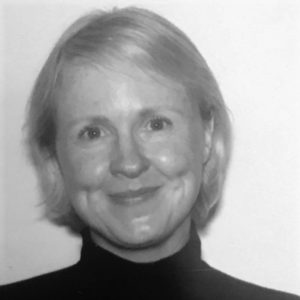
Morgan Hood
New Product Development Manager, VGS
Morgan Hood has 15 years of industry experience with energy efficiency and product development. Her current role as New Product Development manager at VGS is helping the company establish a new portfolio of products and services focused on decarbonization. Morgan’s highly developed customer engagement expertise with large industrial and manufacturing facilities, commercial real estate, retailers, and residential customers help her unlock the valuable customer insights that fuel the product development process. Her method-based approach relies on the principles of design thinking, value proposition design, and the business model canvas as creative frameworks for evidence-based decision-making.

Graham Turk
Innovation Strategist, Green Mountain Power
Graham is a member of the Innovation Development team at Green Mountain Power (GMP). His work involves designing and executing innovative pilot projects, which test new technologies and business models. These efforts contribute to GMP’s larger mission to transform our energy system into one that is more distributed, carbon-free, and community-centered, while reducing costs and increasing reliability for customers. Prior to GMP, Graham completed a Fulbright grant in Sweden on peer-to-peer solar energy markets. He holds a bachelor’s degree from Princeton University in computer science.

Joseph Steig
Principal,
ecosVC
Joseph Steig is a principal at ecosVC, a consulting and training company for STEM ventures. He also consults with companies and investors in a CFO capacity. He currently works with LRVHealth, a healthcare venture fund based in Boston, and with IUNU, an agriculture technology company based in Seattle. Joseph has worked in a diverse range of industries from aquaculture to software and has extensive consulting experience with universities and innovators on technology commercialization.
Joseph serves on the Board of Directors of Greentown Learn, the educational non-profit affiliated with the world’s largest clean tech incubator, Greentown Labs. He went to Hampshire College in Amherst, Massachusetts and divides his time between Seattle and Vancouver, Canada. More information at www.steig.com.
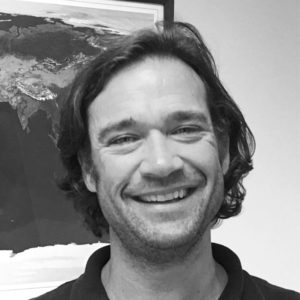
Geoff Robertson
DeltaClimeVT Managing Director, Vermont Sustainable Jobs Fund
Geoff Robertson joined the Vermont Sustainable Jobs Fund in 2017 as Director of Business Assistance. In this role he managed a suite of business assistance services to help Vermont business owners and management teams advance profitability, job creation, and sustainable business development. Geoff currently serves as managing director of VSJF’s DeltaClimeVT business accelerator that serves startup and seed-stage ventures focusing on climate economy innovation. Most recently Geoff held the position of CEO at Empower Mobility, a mobile platform and software company, where he was responsible for managing business development, human resources, and finances. As the CFO at School Spring, LLC, Geoff negotiated the successful sale of the cloud based recruitment and applicant tracking system for K – 12 schools. He previously served as the Entrepreneurial Advisor at Davis & Hodgdon CPAs serving School Spring, the Vermont Food Venture Center, and many other small businesses in Vermont.

TJ Poor
Director of Regulated Utility Planning, Vermont Department of Public Service
TJ Poor is currently the Director of Regulated Utility Planning at the Vermont Department of Public Service. For over 15 years, TJ has been in and out of State Government, where he has lent his expertise across disciplines including State comprehensive energy planning, utility power supply procurement, energy efficiency and distributed utility regulation, rate design, market development, economic modeling and forecasting, and climate mitigation. He holds a Master of Studies in Environmental Law from Vermont Law School and a B.S. in Management from the University of Massachusetts-Amherst.
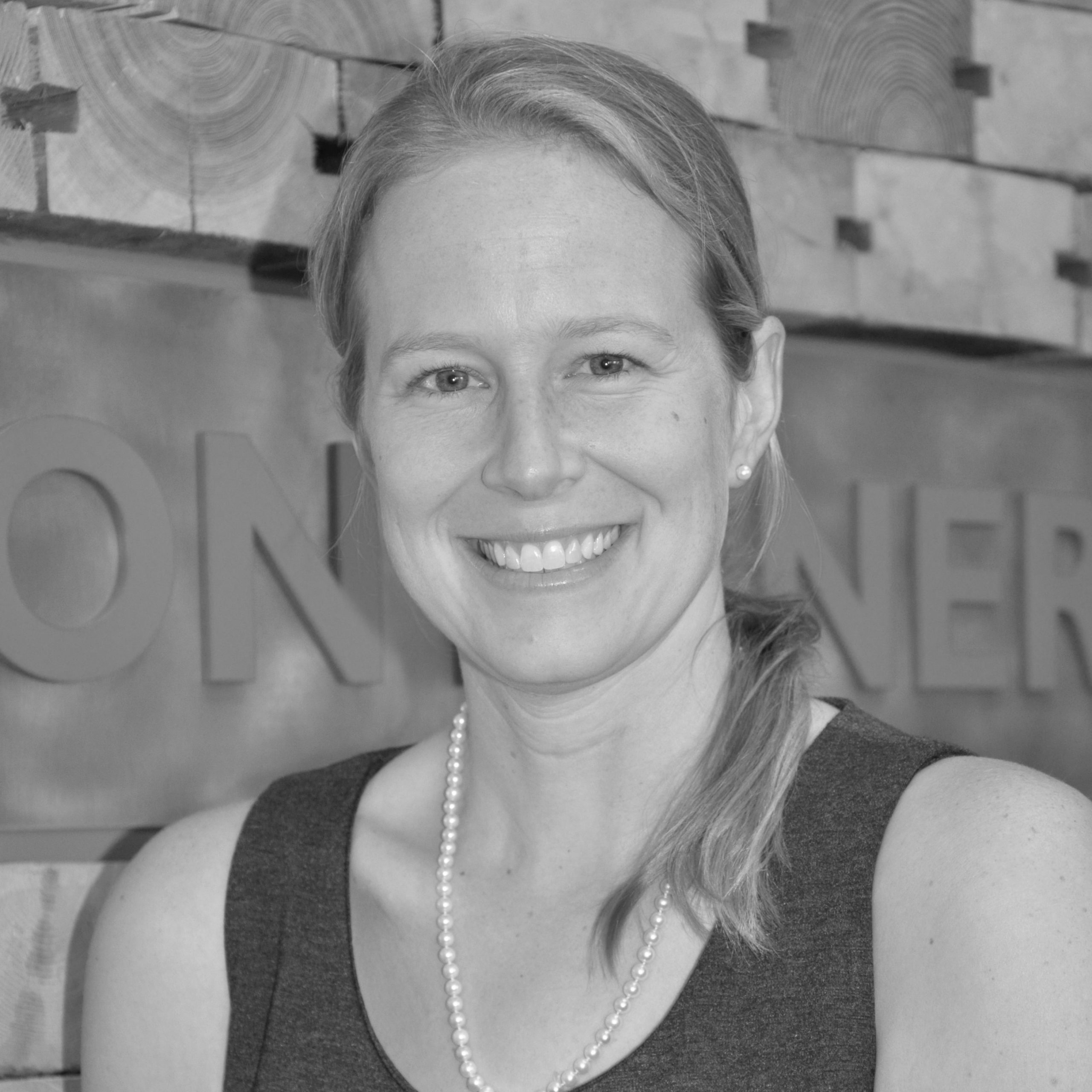
Lara Bonn
Director of Emerging Technology & Engineering, Efficiency Vermont
Lara Bonn is the Director of Efficiency Vermont’s Emerging Technology and Engineering at Efficiency Vermont. Her teams determine and facilitate new and disruptive opportunities for energy efficiency and the reduction of greenhouse gases as well as provide technical assistance and reduce the cost of energy for all customers across Vermont. In the past, she led strategy and planning teams for multiple areas, including Efficient Products, by creating the strategic vision, designing new program approaches, and running research and development pilots for the lighting, appliances, and consumer electronics programs. Prior to working for Efficiency Vermont and VEIC, Lara worked as a consultant with Optimal Energy and as a senior consultant with Booz Allen Hamilton working exclusively for the U.S. EPA.
DID YOU KNOW?
DeltaClimeVT offers cohort members more than 35 hours of time with mentors, investors and potential customers?
Mentors
DeltaClimeVT coordinates with mentors comprised of industry experts, successful entrepreneurs, business advisors and investors throughout the program. Cohort members work directly with mentors during the three sprints in addition to socializing with them at extracurricular social events as well as other business events.
Sponsors
DeltaClimeVT relies on sponsorships to execute successful cohorts. If you are interested in becoming a sponsor please contact Geoff@vsjf.org.
